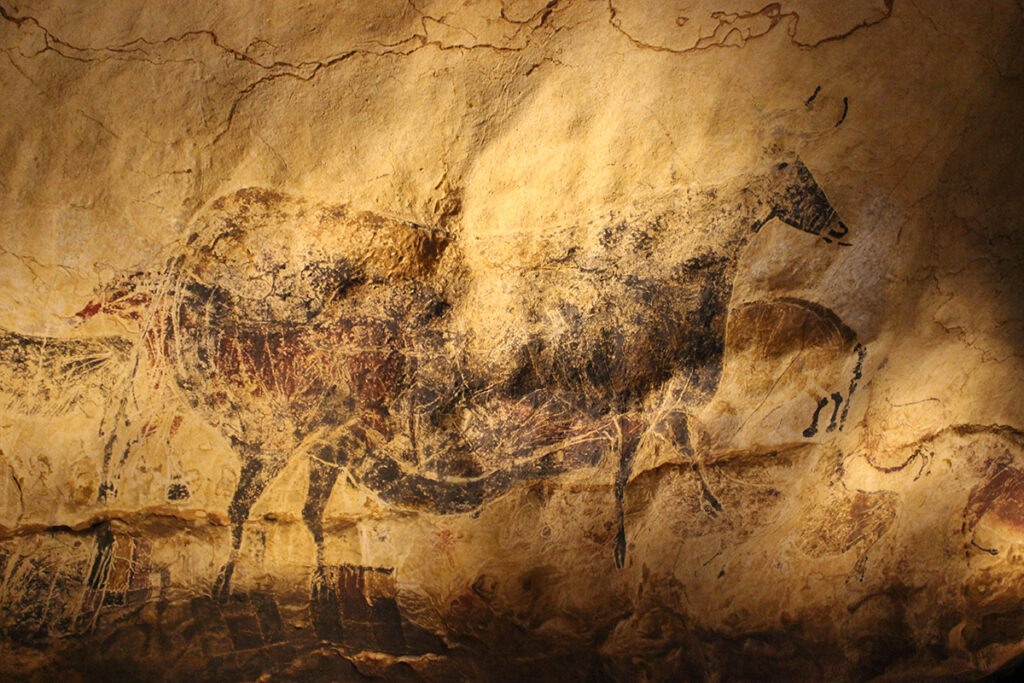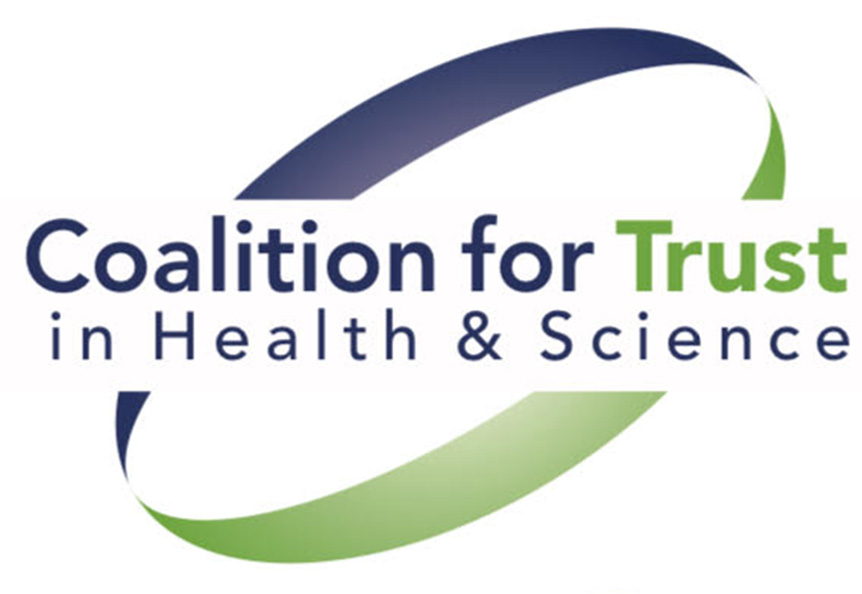
Trust in Science
Paleolithic Brains and God-like Technology
2021
The Nobel Foundation, in collaboration with the National Academy of Sciences, organized the first Nobel Prize Summit in 2021. This year’s focus on misinformation, entitled Truth, Trust and Hope brought together an international group of experts and leaders in Washington, DC. The multi-day event began with a poem by Smriti Keshari, the words of which beautifully sum up the difference between pseudoscience, superstition and myth, and hypothesis driven, testable, and verifiable science: “If it ended, it would start…Bigfoot would not be resurrected but the theory of relativity would, written exactly as it was before.” The Summit continued with a brief history of misinformation and how, with the invention of the printing press, successive generations have worried about the potential for technology to amplify false information and distorted facts. As a species, we have unique vulnerabilities to unintentional misinformation and intentional acts of disinformation. The truth regarding the ease with which our brains can be tricked into believing something that is not real is frightening. Dr. Elizabeth Loftus shared her research regarding the manipulation of memory. Coined “the misinformation effect,” misleading information planted into a seemingly innocuous question could alter your perception of a personally witnessed event, a potential political candidate, or the efficacy of some treatment. It may also help create a rich false memory of an event which never occurred. However, not all false information is spread to intentionally mislead. People may unknowingly spread misinformation due to the reward structure of social media platforms. Dr. Gizem Ceylan offered hope for challenging the spread of false information via social media by rewarding the sharing of accurate information. Debunking or fact checking interventions delivered via social media may not be effective if the reward structure on social media platforms does not change. Tristan Harris let us know that not only do we need to be ready for what’s coming with AI, but we’re not even ready for our current technologies. He quoted Dr. E.O Wilson who said that humanity’s problem stems from the fact that “We have Paleolithic emotions, medieval institutions and godlike technology.” How can the first two match the complexity of the third? Start by designing technology to support our decision-making capabilities, vulnerable to manipulation, and shift our institutional perspective from reactive to pro-active policies. The issues of mis- and dis-information are psychologically and institutionally rooted. As Nobel laureate Maria Ressa asked, “What will you sacrifice for the truth?” A coalition of engaged and diverse partners tackling these challenging issues is not just necessary, but essential for our future trust in health and science.
By
Michael A. Stawnychy
PhD, CRNP
University of Penn sylvania School of Nursing, Philadelphia, PA
